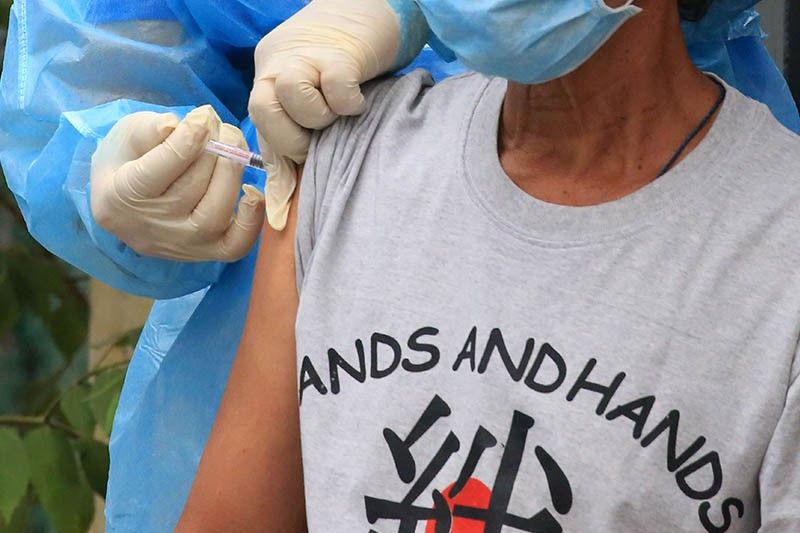Envoy to US expects American COVID-19 vaccines to arrive in Philippines early next year

MANILA, Philippines (Updated 6:12 p.m.) — Vaccines for COVID-19 coming from the United States might arrive in the Philippines early next year “at the latest,” Manila’s envoy to Washington Jose Manuel Romualdez said.
In a briefing with presidential spokesperson Harry Roque, Romualdez said they have long been in talks with US pharmaceutical firms Pfizer and Moderna to ensure that the Philippines gets hold of a vaccine, which is the key to end the pandemic.
Romualdez said Pfizer, which said that its vaccine candidate is 90% effective in an initial study of its Phase 3 trials, was the first pharmaceutical company to approach the Philippines, supposedly due to talks between Foreign Secretary Teodoro “Teddyboy” Locsin Jr. and US State Secretary Mike Pompeo.
Romualdez added that the pharmaceutical firms are not asking for a downpayment, but only a “purchase order” which would show that the government is ready to procure vaccines.
The Philippine ambassador estimated that the price of the Pfizer vaccine would be around $5 per dose or around P240. The candidate vaccine requires two doses per person.
In contrast, the US has placed an order for 100 million doses of the same vaccine for $1.95 billion, which puts the price of the vaccine per shot at $19.50 or around P940.
The US drugmaker has also reached agreements with the European Union, the United Kingdom, Canada and Japan on the vaccine.
The problem, though, is that Pfizer and German drugmaker BioNTech only expect to produce 50 million doses this year, and will only massively scale up production come 2021, when they expect to produce up to 1.3 billion doses of the vaccine.
Local FDA approval needed
Pfizer and BioNTech’s candidate vaccine, BNT162b2, is inching closer to being used in the United States, with the two pharmaceutical companies estimating that they would have enough safety data to apply for emergency use authorization with the US Food and Drug Administration by the third week of November.
While promising, the initial results of Pfizer and BioNTech's Phase 3 trials have not yet been peer-reviewed or published in a medical journal -- which the US drugmaker said it will only do once it has results from the entire trial.
Low to middle-income countries also face logistical and financial challenges in accessing the vaccine, which must be stored at extremely cold temperatures.
Approval by the local FDA would also be needed before the vaccine is rolled out to Filipinos.
“We need to make sure that the vaccines, even if they have been approved here in America, are also approved there in the Philippines because we don’t want a repeat of what happened with Dengvaxia,” Romualdez said in Filipino, referring to the controversial dengue vaccine blamed, though with scarce evidence, for the deaths of hundreds of children.
“For the pharmaceutical companies, what they want is to be approved and for us to say how much doses we need, they’re ready to supply it,” he added, also in Filipino.
Should the Pfizer and BioNTech vaccine candidate get emergency use authorization in the US, Roque said this would be “very convincing” for the local FDA, but stressed that further review would still be undertaken.
“Once approved by the US FDA, European FDA … it will not take time before we approve also the emergency use of this vaccine,” he said.
- Latest
- Trending





























